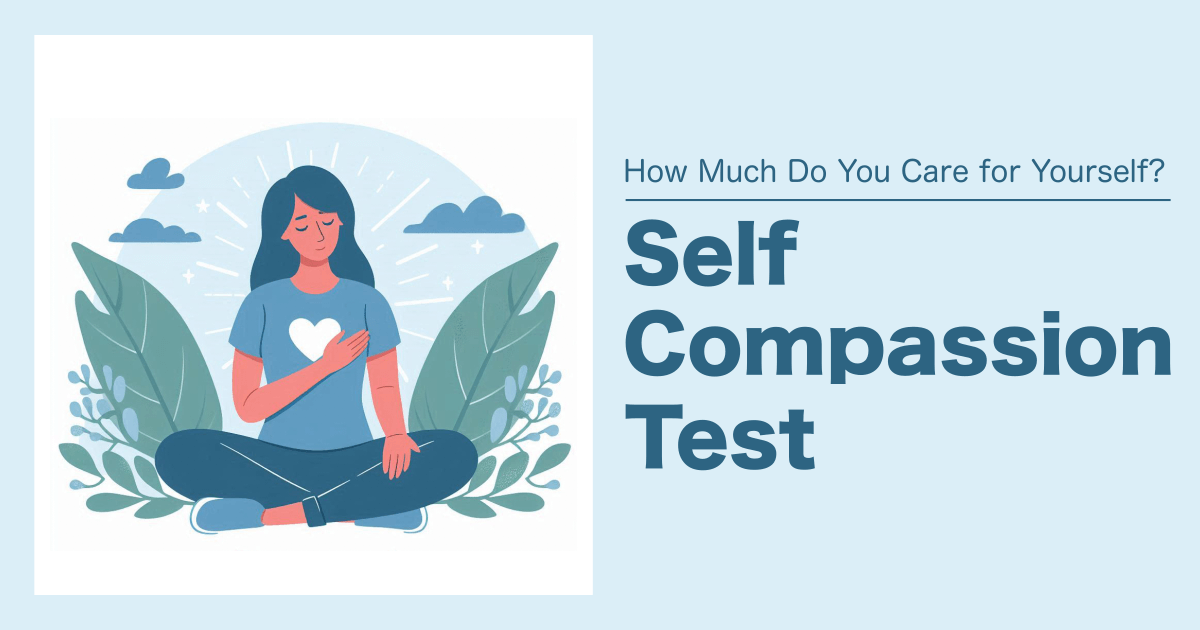
Self-compassion refers to the ability to be kind and compassionate towards yourself. This test will score and evaluate your level of self-compassion across three different dimensions. Are you able to be kind to yourself?
Self-compassion involves treating oneself with kindness and care, rather than self-criticism, especially in times of failure or difficulty. This concept, promoted by psychologist Kristin Neff, suggests that by enhancing self-compassion, individuals can decrease stress and anxiety, improve mental health, reduce self-criticism, enhance relationships, and promote personal growth. In our daily lives, we often face numerous challenges and stressors that can lead to harsh self-judgment. At such times, the power of self-compassion becomes critical. Self-compassion means supporting oneself with kindness and understanding instead of blame when faced with failures or difficulties. Using this diagnostic tool can help you understand and improve your mental health and lead a more balanced life.
Self-kindness refers to being gentle and compassionate towards oneself. It means avoiding self-criticism and treating oneself with kindness in challenging situations. For example, instead of harshly blaming oneself for mistakes, it involves offering words of encouragement. Practicing self-kindness enhances self-acceptance, reduces stress and anxiety, and lays the foundation for personal growth and maintaining mental well-being. Implementing self-kindness daily is a crucial step in enhancing self-compassion.
Common humanity recognizes that suffering and failure are universal experiences, not isolated to one individual. Understanding that others face similar difficulties helps to reduce feelings of loneliness and alienation. This awareness fosters a sense of connection with others, enhancing empathy and the willingness to accept support. Acknowledging our common humanity helps alleviate personal suffering and deepens mutual understanding with others, making it a vital component of self-compassion.
Mindfulness involves focusing on the present moment without judgment, accepting thoughts and feelings as they are. It helps maintain mental stability by not dwelling on past regrets or future worries. Mindfulness can be practiced through meditation and deep breathing, facilitating emotional balance. By observing thoughts and emotions, one can remain calm and respond appropriately to situations. Integrating mindfulness into daily life enhances self-compassion and contributes to better mental health.